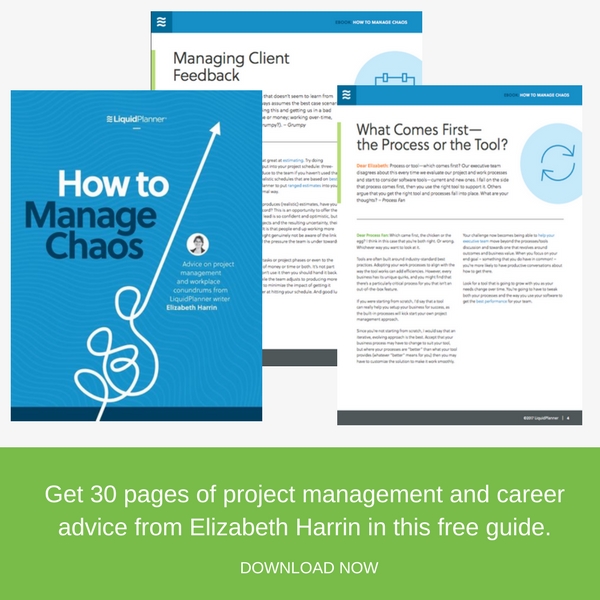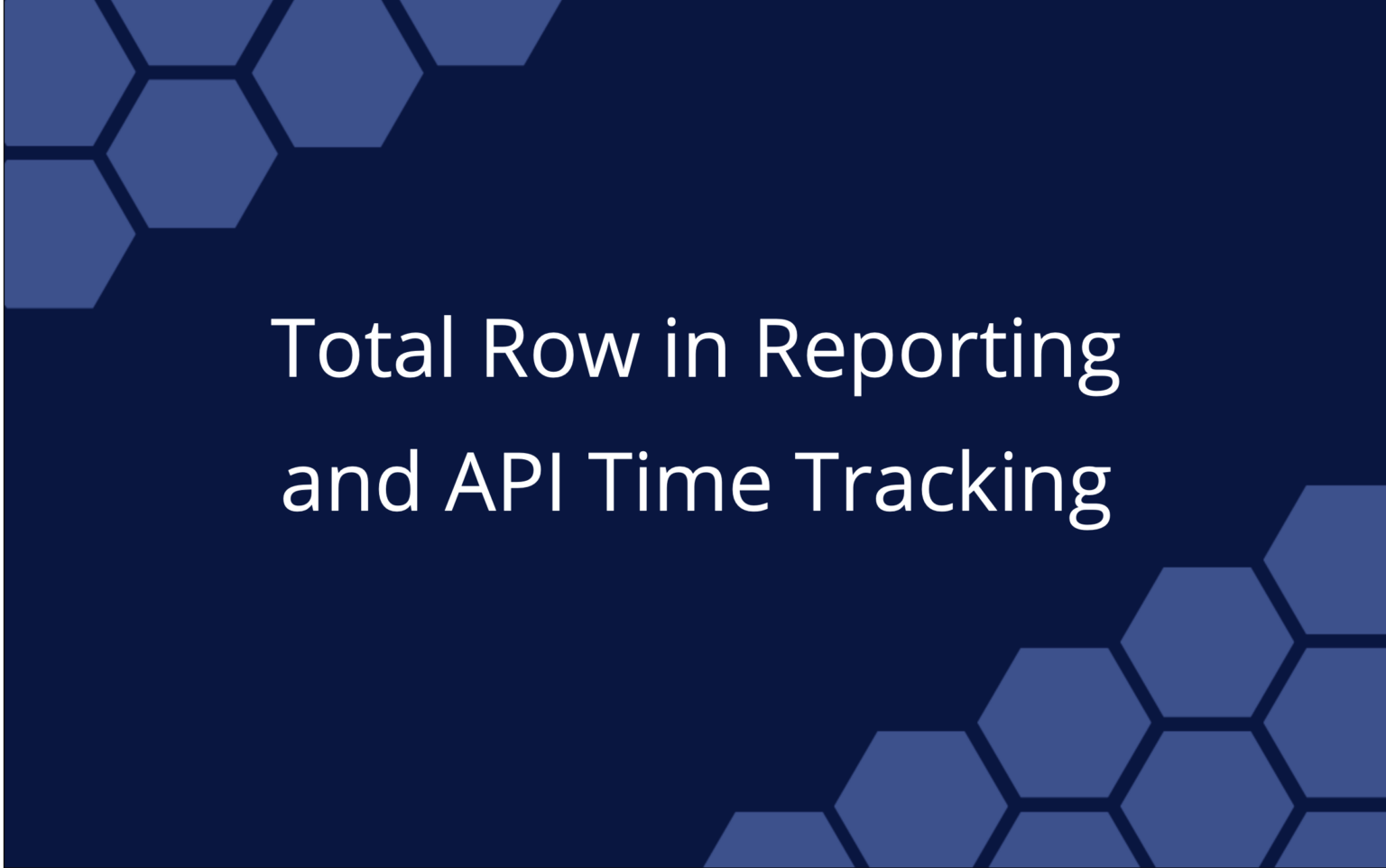“Dear Elizabeth: I’m unhappy in my current job. I think it’s time I made the leap into another company. The main reason behind my unhappiness is the lack of flexibility in my current role. I’m stuck at my desk all day. I’m thinking that freelancing as a project management consultant might be a good solution. What do you recommend I do?”
You’d actually be surprised at how often I get asked this, so you can at least take comfort in knowing that you aren’t alone!
There are two things you can do here:
- Get more flexibility in your current role so you feel happier about staying.
- Leave your job to do something else. (Don’t resign just yet! Read on first.)
Let’s talk about getting more flexibility first.
If you haven’t already, talk to your manager about flexible working. From working part-time or compressed hours (where you do a whole week of work in three or four days) to working remotely, there are plenty of situations that you could put before your boss.
Project management doesn’t lend itself particularly well to part-time working, but it can be done. (I do it.) It does, however, fit perfectly with the concept of working from home.
With a laptop, phone, and online project management tools, you can pretty much do your whole job from your kitchen table. You could ask your manager if they will let you do that one day a week.
Alternatively, you could try to argue the case for core hours, where you commit to being in between 10 a.m. and 4 p.m. (or whatever works for you both). Outside of that, you have flexible start and end dates.
This works well as long as they trust you to do the hours required and not simply work between 10 and 4 each day, which isn’t the point of it. It gives you flexible options for drop-offs and pick-ups from school, for example.
If trying to build flexibility into your current job isn’t going to work, then leaving might make you a lot happier. If you want to be able to take three months off a year, for example, then you’ll find that flexibility is more likely to work out in a contract role.
Contracting is often seen as a lucrative option, but it’s hard work. You don’t get paid holidays or sick leave. You only get paid when there is a contract, so you have to be good at managing money to make it through the times when you aren’t working. There is no company pension scheme to support you, and many of the other perks that employees are offered won’t be offered to you. In difficult economic times, contractors are the first out the door.
You might be okay with all of that financial stuff, but contractors also lose out in the friendship stakes. When you’re moving employers every year or so, it’s harder to make longer term, supportive relationships at work. You’ll probably end up working longer hours. More will be expected of you than of a permanent employee because day rates are higher, and you’re considered a specialist resource.
Having said all that, contracting can give you a lifestyle that you wouldn’t otherwise get. You can pick and choose your contracts, taking only the projects you feel are a good fit for your expertise. You can take a break between contracts, take every summer off, or whatever works for your family. You get variety in your work that salaried employees can’t. If you like a challenge and changing environments, this would be a perfect fit.
If you weigh up the pros and cons and decide to go with it, start thinking now about how to make the move.
You’ll need some people to give you work, so you’ll want to build a network of decision makers and budget holders. Start collecting references and testimonials from your clients and colleagues. Update your LinkedIn profile and your résumé. Make sure your professional qualifications are relevant and up-to-date, and if you don’t have any, start studying now.
It’s also worth doing some investigation now into the business set-up you’ll need to be able to operate as a contractor. You could work as a sole trader or set up your own business and charge yourself out from that. Or you could register with an agency and take interim, temporary positions within companies in that capacity. Look into what is going to be most tax efficient for you and the least admin overhead to maintain. You might need tools for tracking your time and billing your clients.
Start looking at the job profiles advertised for consultants, and brush up your skills if you notice that they’ve got something that you don’t have.
Set yourself a deadline. If you still feel like this at the end of the year, decide now what you’ll do to help move yourself toward your ultimate goal of contracting. Map out the steps you’ll need to accomplish before you can hand in your resignation. If you have a target date in mind, work backwards from there to create your timeline. Build up a contingency fund so that if you are out of work for a short time you aren’t going to worry about money.
Such a big job change merits thinking carefully about what it will mean for you and anyone who depends on you. It will be so much smoother and less stressful than quitting tomorrow and then panicking about how you are going to pay your bills next month.
It’s all beginning to sound like managing your career transition as a project to me…
Finally, please take all of these comments under advisement. I don’t know your professional background or your family situation, so ultimately you have to make the decision yourself. What’s right for you will feel right, so you’ll know when you’ve hit on a solution that’s going to work. Best of luck with your career shift!

 Say hello to the new Tempo! LiquidPlanner is now Portfolio Manager.
Say hello to the new Tempo! LiquidPlanner is now Portfolio Manager. 






